New Developments in Enforcement Actions Against Unlicensed Cannabis Stores:
Three New York Cases Worth Re-examining

By William P. Walzer, Partner |
Commercial Banking & Finance | Real Estate Law Practices
This article summarizes three recent cases which illustrate different ways that authorities can proceed against unlicensed cannabis sellers.
Over the past year or more, stores selling cannabis products have flourished throughout New York State. With only 27 adult-use cannabis dispensaries having been licensed under New York’s Cannabis Law through early December 2023, the vast majority of these operations are unlicensed, operating through a series of seeming loopholes and hence illegal. With New York State and New York City increasing their efforts to close unlicensed dispensaries, the tide appears to be turning in the battle against illegal operators.
In a press release dated December 4, 2023, the Office of Cannabis Management (“OCM”) trumpeted its seizures of products valued at over $50 million and its first successful permanent injunction application pursuant to remedies authorized under the Cannabis Law. That success was soon replicated in a December 18, 2023 announcement that OCM succeeded in shutting down the Big Chief store in Bay Ridge, Brooklyn. Perhaps bothered by the slow pace of State enforcement, New York City began taking its own closure efforts earlier this year. In an action brought pursuant to authority given in the NYC administrative code to abate public nuisances, the City won a permanent injunction against a Nostrand Avenue, Brooklyn operation called “Craft Beer and Cloud Hookah.”
OCM’s Special Proceeding.
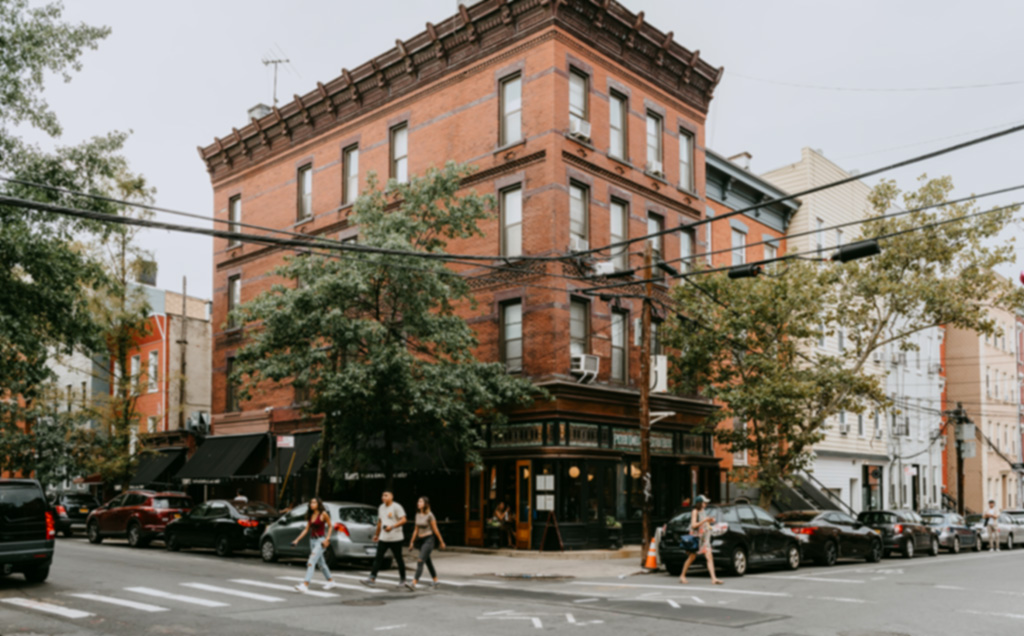
The permanent injunction obtained by OCM was issued in the case of New York State Office of Cannabis Management, petitioner, vs David Tully, individually and d/b/a “I’m Stuck” and “The Weed Warehouse” which is pending in Supreme Court, Wayne County under Index No. CV089825. This case involved multiple locations operated by David Tully. Tully’s motion to dismiss the petition on jurisdictional and due process grounds was swiftly denied by the presiding judge, Richard M. Healy.
OCM brought the case as a special proceeding, which empowered the judge to decide the injunction question based on the documentary evidence offered by the parties. OCM’s evidence consisted primarily of affidavits from its own investigators who had purchased cannabis products at each of the locations. Two weeks after he denied the motion to dismiss, Judge Healy issued an Order and Judgment Granting Permanent Injunction. The judge had no problem dispatching the respondent’s argument (offered by many illegal operators), that customers were paying for consultations, with the cannabis products being given away and therefore not requiring a license.
Judge Healy granted a permanent injunction against Tully and his companies prohibiting them from “cultivating, processing, distributing, delivering or dispensing cannabis product, cannabinoid hemp or hemp extract product for sale without a license in this State.” In addition, the judge also granted other forms of relief. He authorized the six locations from which Tully operated to be inspected by the police with any cannabis products found there to be turned over to OCM. He closed one of the locations at which Tully operated for a period of one year. The judge ordered a full financial accounting by Tully, ordered that all of the proceeds of cannabis sales prior to the commencement of the proceeding should be disgorged to the State, and granted OCM costs, expenses and disbursements. The order sets the matter down for a future hearing on the question of damages.
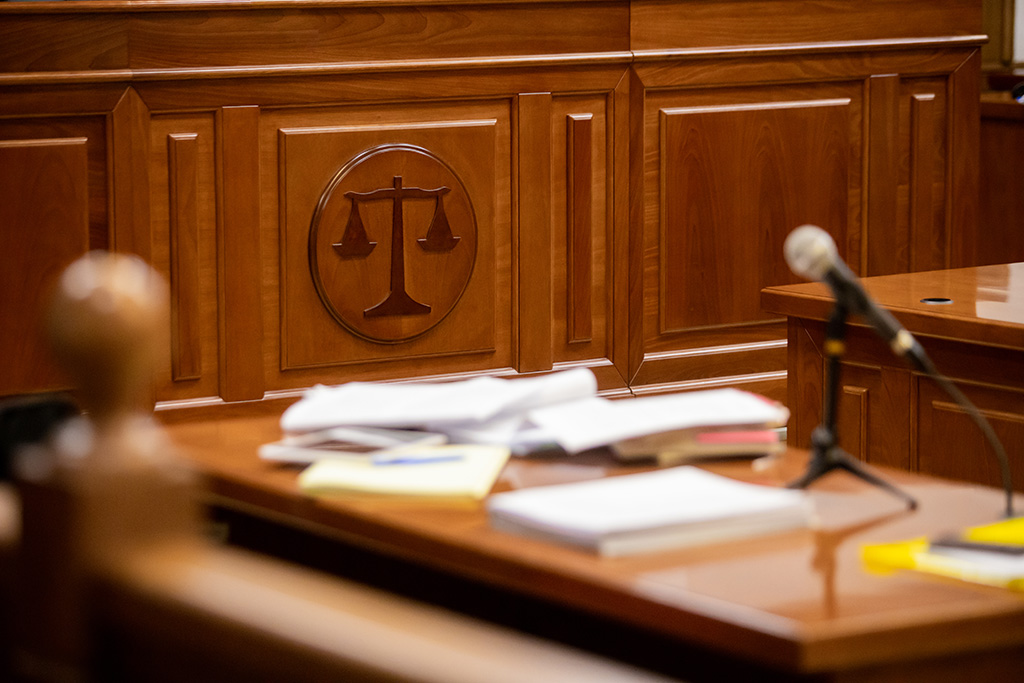
New York City’s Plenary Action.
The City’s action is titled The City of New York, Plaintiff, vs. The Land and Building Known as 634 Nostrand Avenue… Craft Beer and Cloud Hookah Corp, et al. The case is pending in Supreme Court, Kings County under Index No. 526121/2023. There, the defendants defaulted in answering the summons and failed to oppose the City’s order to show cause for a preliminary injunction. Like OCM’s case against Tully, the City employed OCM investigators to buy cannabis products from the unlicensed defendants. Unlike the OCM case, the City relied on its authority to abate nuisances pursuant to the NYC Administrative Code. Pursuant to Admin Code § 7-703(f) the use of a property to operate a business that is not licensed as required by law is a nuisance.
The City cited the defendants’ violations of the Cannabis Law to support its nuisance claim. Like the State’s Cannabis Law, the City’s Administrative Code §7-707 authorizes the issuance of preliminary and permanent injunctions to abate nuisances. On December 28, 2023, Judge Patria Frias-Colón issued an order granting the City’s preliminary injunction request, directing… “that [D]efendants, their agents and representatives are hereby enjoined from: (1) using and/or occupying the Premises for any purpose, including, but not limited to the sale of cannabis without the requisite CAURD license during the pendency of this action, and (2) removing or in any other manner interfering with the furniture, fixtures and movable property at the Premises.” The order effectively closes down the operation. The case continues in respect to the permanent injunction request and an assessment of damages sought by the City at the rate of $1,000 per day of illegal operation.
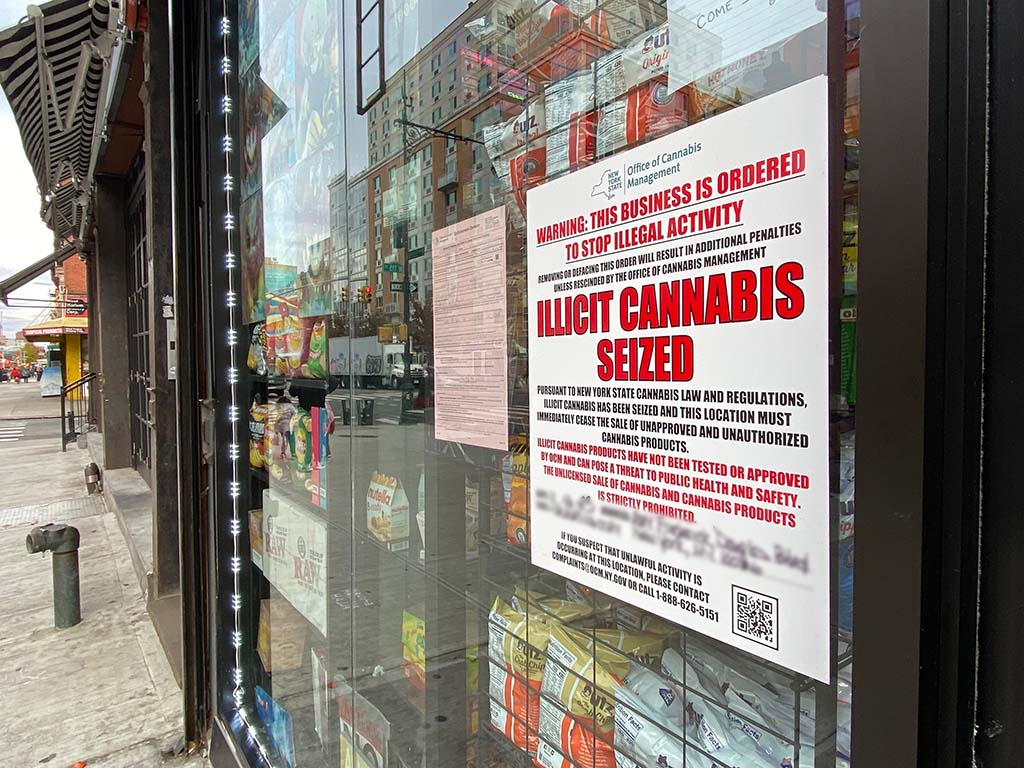
Requiring the Landlord to Enforce Nuisance Law.
A third recent case, relying on recently enacted legislation, demonstrates yet another arrow in the government’s quill. The case of Gur Assocs. LLC v. Convenience on Eight Corp. is pending in the commercial landlord-tenant part of the New York City Civil Court under Index No. LT-317980-23/NY. In a decision dated December 21, 2023, Judge Richard Tsai denied the respondent-tenant’s motion to vacate its pleading default and an inquest has been scheduled. There, the landlord was compelled to seek the tenant’s eviction when the NY County District Attorney sent the landlord a letter which stated, in relevant part, “We have received reports through concerned residents that [the tenant] may be in violation of city laws that prohibit the sale of flavored nicotine products and may be selling cannabis and/or hemp products without a license, in violation of the state Cannabis Law”.
This case may be among the first to employ the recently enacted authority of Real Property Action and Proceedings Law § 715-a (2), which was added in May, 2023, to enable landlords to take action against tenants who violate the Cannabis Law. The new section states as follows: “[t]he use or occupancy of premises solely or primarily for the unlicensed retail sale of cannabis shall constitute an illegal trade, manufacture, or other business for the purposes of section two hundred thirty-one of the real property law.” Section §231(1) of the Real Property Law states that when premises are used for an illegal business the lease for the premises “shall thereupon become void.” A void lease enables the landlord to evict. Real Property Law Section §231(2) motivates the landlord to take action by providing that property owners will be jointly and severally liable for damages when they tolerate illegal use. A landlord who receives a letter from law enforcement of the kind noted in this case will generally find it prudent to seek the tenant’s eviction.
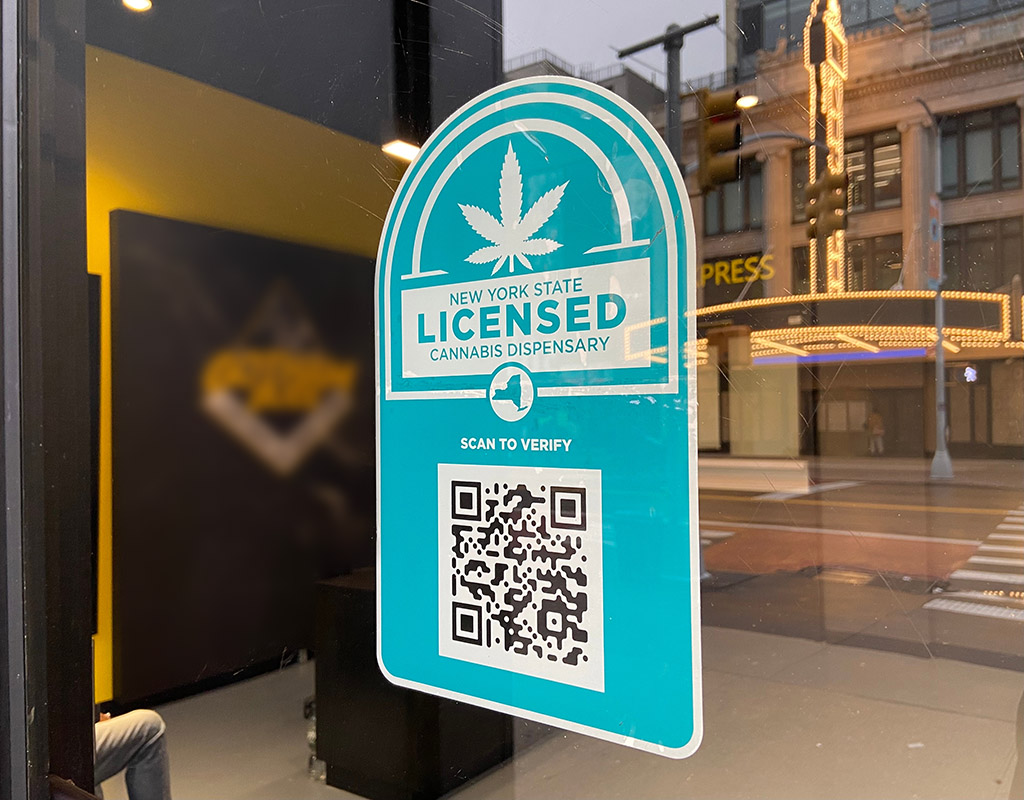
Summary.
Although it may be that government has been slow to respond to the unlicensed sale of cannabis products, the regulatory milieu seems sufficient to combat illegal operations. As these cases illustrate, there are several enforcement approaches that can be taken by both public and private entities. It appears now that the authorities are devoting more resources to the fight against these illegal operations.
About the Author
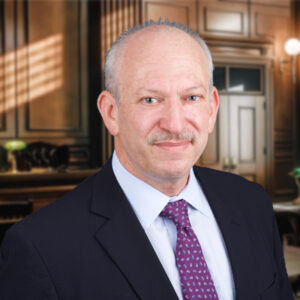
Bill Walzer is a Partner in the Real Estate Law practice and Chair of the Commercial Banking & Finance Law practice in Davidoff Hutcher & Citron’s New York City office. He has comprehensive experience in commercial real estate in New York City and its boroughs and is seasoned in representing litigants in both the Federal and New York State courts in a variety of matters. He also works closely with his colleagues in the Cannabis Law practice on representative matters that require his expertise.
Read More From This Author
Click on any image above to read the article.
Disclaimer: Using, possessing, distributing and/or selling non-hemp cannabis and cannabis-related products is illegal under federal law, regardless of certain state laws that decriminalize such activity. Businesses and individuals should be aware that compliance with state law does not assure compliance with federal law, and there is a risk that conflicting federal laws may be enforced in the future. Legal advice provided by Davidoff Hutcher & Citron LLP is designed to counsel clients regarding existing and/or proposed cannabis laws. No legal advice we give is intended to provide any guidance or assistance in violating federal law.


